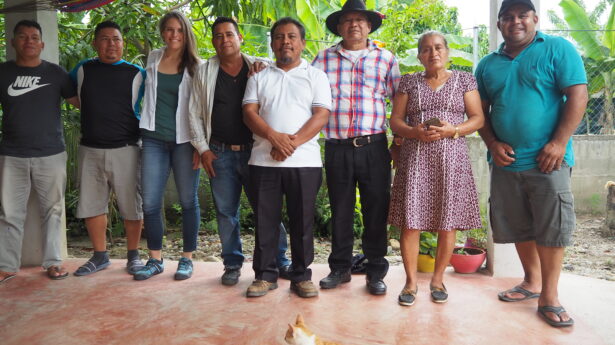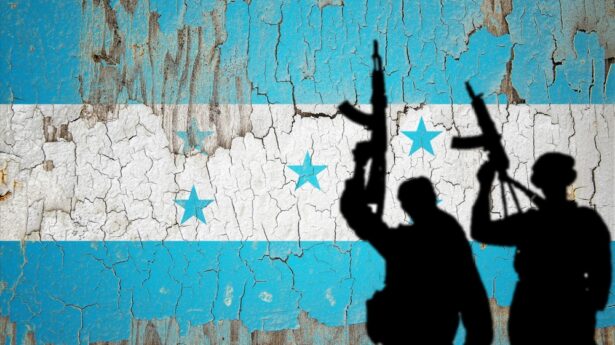The Unitarian Universalist Service Committee advances human rights through grassroots collaborations.
López’s Legacy: Activist’s Murder Highlights Honduran Impunity (Part 2)
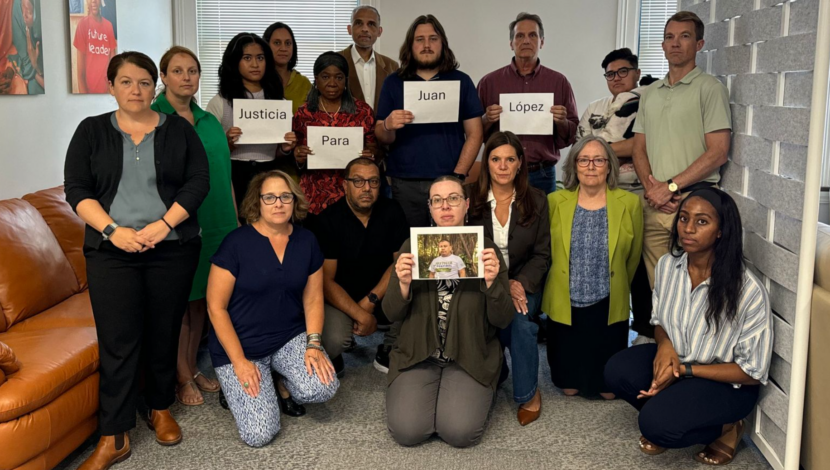
By Josh Leach on September 25, 2024
This post is part two of a series—you can read part one here—honoring the legacy of a Honduran human rights activist who gave his life for his community.
After news broke on September 14 of the terrible murder of the Honduran human rights defender Juan Antonio López, the Honduran president—Xiomara Castro—weighed in on social media to condemn the assassination. She rightly described López’s killing as a “vile murder,” and she offered a welcome pledge to “identify those responsible.”
As encouraging as this response is, however—members of Castro’s own inner circle are implicated in the events leading up to López’s death. If Castro really means what she says, she must take steps to root out corruption in her own party and throughout Honduran society.
A Video With Disturbing Implications

Xiomara Castro came to office with a commitment to end the corruption and impunity staining the tenure of the previous president, Juan Orlando Hernández (better known in Honduras by his initials “JOH”). The latter’s administration was repeatedly implicated in high-level corruption and authoritarian tactics; JOH himself was even convicted of drug trafficking in the United States, after he left office. Castro promised to turn the page on this tainted legacy.
Yet, the sincerity of her pledge was called into question in recent weeks, after a decade-old video resurfaced appearing to show high-level members of Castro’s own political party cutting a deal with narco-traffickers. Among the people in the video was Castro’s brother-in-law, Carlos Zelaya (who has since resigned his post in her government).
Concerningly, Castro also canceled a longstanding extradition treaty with the United States, shortly before the video’s release. This was the same treaty that Honduran officials used to prosecute JOH for drug trafficking. Castro’s decision to rescind it, shortly before information came to light implicating her family, calls into question whether she will truly put a stop to the corruption that has long plagued Honduran politics.
A Murder in Tocoa
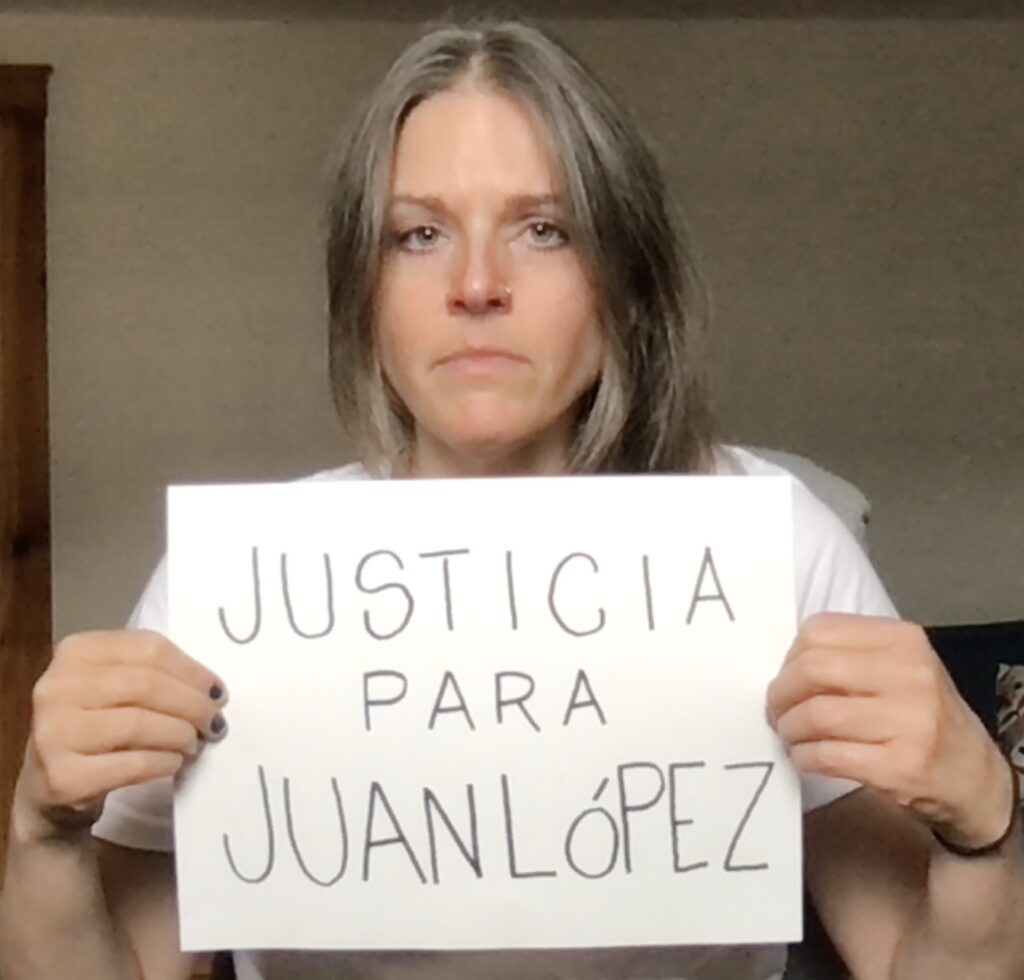
These events may sound far removed from the work of Juan Antonio López, whose career as a human rights defender had also led him to confront powerful mining interests in Tocoa. Yet, the events that led to his murder are actually intimately linked to the 2013 video.
López was himself a member of Castro’s Libre party. But he had spoken out publicly against corruption in her government, in the wake of the video’s release, and had called for the resignation of the officials who appeared in it. One of these officials was Adán Fúnez, the current Libre Party mayor of Tocoa.
Mayor Fúnez clashed with López and other environmental defenders in Tocoa before, due to his support for the illegal mining project that our Honduran partners are resisting. His role in the video was the latest of several signs of corruption and abuse of office on his part. López therefore publicly called for his resignation. Only three days later—López was murdered.
The Cover-up Continues
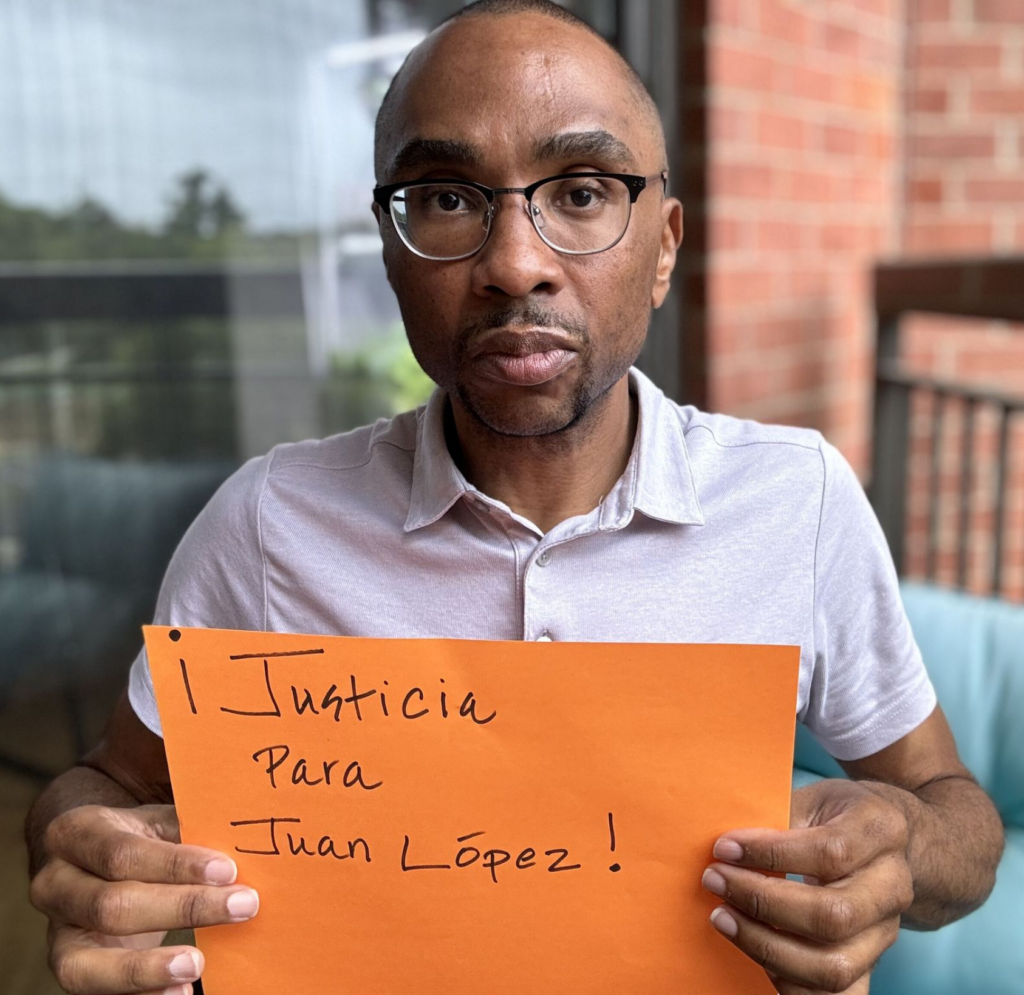
In the wake of López’s death, there are worrying signs that powerful interests are taking steps to prevent the real perpetrators from being brought to justice. Despite Castro’s pledge of an honest investigation, her government has so far appointed a team that has a blatant conflict of interest in the case. Specifically, the investigation is to be headed by Tocoa’s public prosecutor: the same office that wrongfully criminalized López and the other Guapinol Water Defender
Meanwhile, other people who have spoken out about Mayor Fúnez’s corruption have faced retaliation under no less suspicious circumstances. Carlos Orellana, a parish priest in Tocoa, condemned López’s murder in his church service this week, and blamed Fúnez for the killing. Shortly thereafter, the prosecutor’s office seized his phone and called him in for questioning.
Xiomara Castro still has a chance to make real progress on fighting corruption in Honduras—but appointing the same corrupt officials to investigate members of their own inner circle is not the way to do it. She needs to allow a full, independent, and exhaustive investigation, and hold to account everyone involved in the murder, no matter how powerful.
Our partners in Honduras have spelled out the steps the authorities can take to bring real accountability for López’s killing. Castro and her officials can take responsibility for living up to these demands. To do so, however, they must consider what they want their legacy to be. Do they want to be remembered as the administration that turned the page on JOH’s corruption—or as people who turned out to be no more honest than the crooks they replaced?
The United States supported the 2009 coup that brought JOH to power and has mostly ignored the Bajo Aguán. Honduran Ambassador Laura Dogu said in 2022 that the United States was “very concerned” about reports from corporations of “land invasion”, but in reality those were “campesinos” (peasant farmers) reclaiming land that was stolen from them by transnationals.
This language signified tacit U.S. support for violence against land defenders. The Plataforma Agraria del Bajo Aguán put out a press release at the same time warning of a coordinated campaign to murder campesino leadership. Dogu has relationships with banks and business interests in Honduras and is not nearly vocal enough about what’s going on, even though she has a lot of influence. U.S. markets for palm oil and bananas, and the transnational “maquilas” (factories) are destroying Honduran land and killing people.
UUSC will continue to follow this case and demand justice for Juan López. You can join us and receive regular updates by signing up here and/or through engaging in our social media campaign to demand justice from U.S. policymakers and Honduran government officials.
